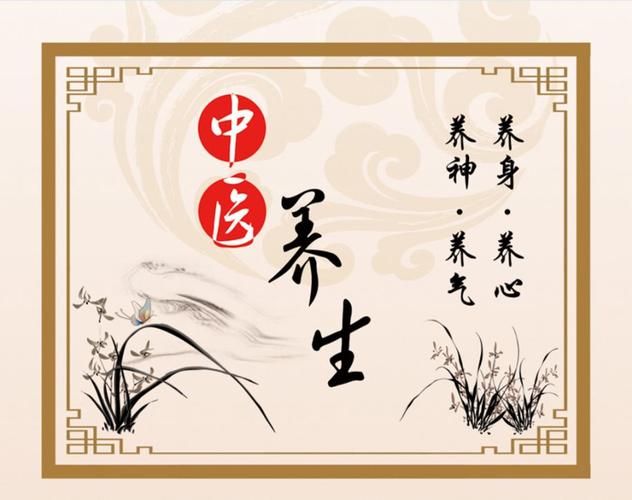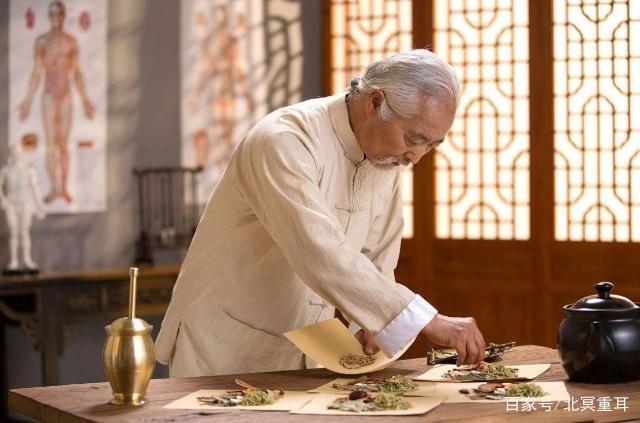In recent years, there has been a growing interest in holistic health practices, with a particular emphasis on dietary therapy and traditional Chinese medicine (TCM). These two approaches, deeply rooted in ancient wisdom, offer a comprehensive path to maintaining and improving health. By understanding the principles of dietary therapy and TCM, we can integrate these practices into our daily lives to achieve a balanced and harmonious state of well-being.
Dietary Therapy
Dietary therapy, also known as food therapy, is based on the idea that food can be used as medicine to prevent and treat illnesses. This concept is not new; it has been a fundamental part of various traditional medicine systems for centuries. In the context of dietary therapy, food is chosen and prepared with the intention of enhancing health, based on its nutritional value and therapeutic properties.
One of the key principles of dietary therapy is the importance of balance. This includes balancing different food groups, flavors, and energies. For instance, foods are categorized into five flavors (sweet, sour, bitter, salty, and pungent) and five energies (cold, cool, neutral, warm, and hot). Each flavor and energy has specific effects on the body and can influence various physiological functions.
For example, sweet foods, which include grains and certain fruits, are thought to nourish the body and are often used to address deficiencies and fatigue. Bitter foods, such as certain leafy greens, have a detoxifying effect and can help clear heat from the body. By understanding these properties, one can create a balanced diet that supports overall health and targets specific health issues.
Traditional Chinese Medicine
Traditional Chinese medicine (TCM) is a holistic approach to health that has been practiced for thousands of years. It encompasses various practices, including herbal medicine, acupuncture, qigong, and dietary therapy. TCM is based on the concept of Qi, the vital energy that flows through the body, and the balance of Yin and Yang, the complementary forces that govern health.
In TCM, health is seen as a state of balance between Yin and Yang and the harmonious flow of Qi. Illness is believed to arise from imbalances or blockages in the flow of Qi. Therefore, TCM treatments aim to restore balance and ensure the smooth flow of Qi through various therapeutic methods.
Herbal medicine is a cornerstone of TCM and involves the use of plants, minerals, and animal products to treat illnesses and promote health. Each herb has specific properties and is used to address different imbalances in the body. For example, ginseng is known for its ability to tonify Qi and boost energy, while chrysanthemum is used to clear heat and improve eye health.

Another important aspect of TCM is the use of acupuncture, which involves inserting thin needles into specific points on the body to stimulate the flow of Qi and restore balance. This practice can help alleviate pain, reduce stress, and improve overall health.
Integrating Dietary Therapy and TCM
The integration of dietary therapy and TCM offers a powerful approach to health and wellness. By combining the principles of balanced nutrition with the therapeutic practices of TCM, individuals can create a holistic health regimen that addresses their unique needs.
One way to integrate these practices is through the use of medicinal foods, which are foods that have both nutritional and therapeutic properties. For example, foods like ginger, garlic, and turmeric are not only nutritious but also have medicinal benefits, such as anti-inflammatory and immune-boosting properties. Including these foods in your diet can enhance your health and help prevent illnesses.
In addition to medicinal foods, TCM dietary therapy also emphasizes the importance of seasonal eating. This involves adjusting your diet according to the seasons to maintain balance and harmony within the body. For instance, in the winter, it is recommended to eat warming foods like soups and stews to support the body's Yang energy, while in the summer, cooling foods like fresh fruits and salads can help balance the heat.

Practical Tips for Integrating Dietary Therapy and TCM
1. **Understand Your Body Type**: In TCM, individuals are classified into different body types based on their constitution and health conditions. Understanding your body type can help you choose the right foods and TCM treatments to maintain balance and health.
2. **Choose Seasonal Foods**: Adjust your diet according to the seasons to support your body's changing needs. In the spring, focus on detoxifying foods like green vegetables; in the summer, opt for cooling foods like watermelon; in the autumn, nourish your body with grounding foods like sweet potatoes; and in the winter, strengthen your body with warming foods like ginger and lamb.
3. **Incorporate Medicinal Foods**: Add foods with therapeutic properties to your diet, such as ginger for digestion, garlic for immunity, and turmeric for inflammation. These foods can enhance your health and prevent illnesses.
4. **Practice Mindful Eating**: Pay attention to how different foods make you feel and adjust your diet accordingly. Eating mindfully can help you become more attuned to your body's needs and improve your overall well-being.

5. **Consult a TCM Practitioner**: If you're new to TCM and dietary therapy, consider consulting a TCM practitioner. They can provide personalized recommendations based on your unique health needs and help you create a balanced and effective health regimen.
Conclusion
The combination of dietary therapy and traditional Chinese medicine offers a holistic and effective approach to health and wellness. By understanding and applying the principles of these ancient practices, individuals can create a balanced and harmonious lifestyle that supports overall health and prevents illness. Whether you are looking to boost your energy, improve your digestion, or enhance your immune system, integrating dietary therapy and TCM into your daily routine can help you achieve your health goals and live a more vibrant and balanced life.
转载请注明:成都会所桑拿-四川成都休闲桑拿推荐论坛! » 武汉桑拿 » Dietary Therapy and Traditional Chinese Medicine: A Holistic Approach to Wellness
版权声明
本文仅代表作者观点,不代表成都休闲网立场。
本文系作者授权发表,未经许可,不得转载。































